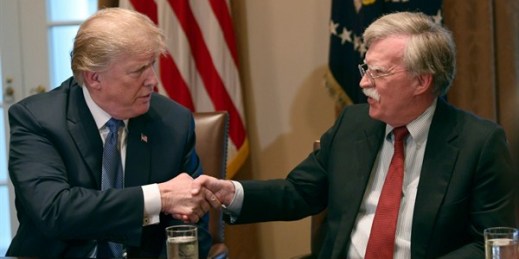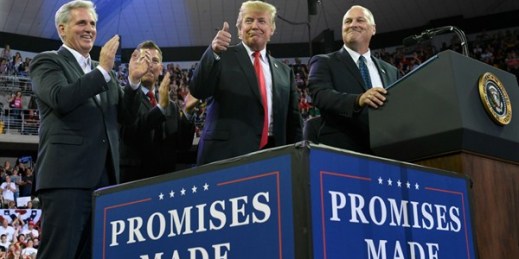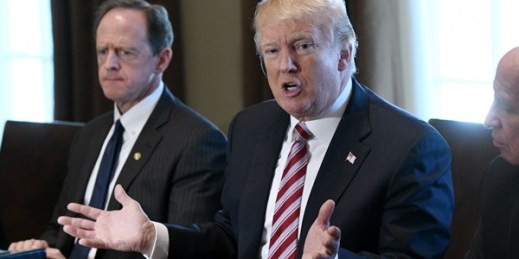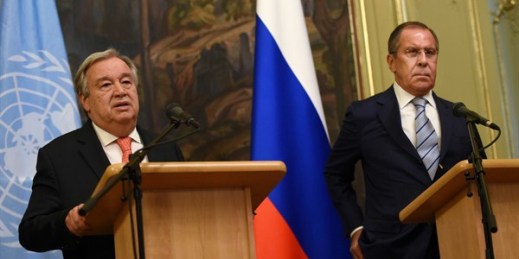
Recent American history is full of mistakes in security policy, and yet for some reason, policymakers in Washington are chronically bad at learning from them. Too often, the United States is burned by a deeply flawed policy in some part of the world and resists repeating it for a few years, only to later try the same thing somewhere else. This propensity to forget strategic lessons may be infecting the Trump administration today. Take the belief that second-tier adversaries can be cowed into submission by economic sanctions and the threat or actual use of U.S. military power, even when they […]



